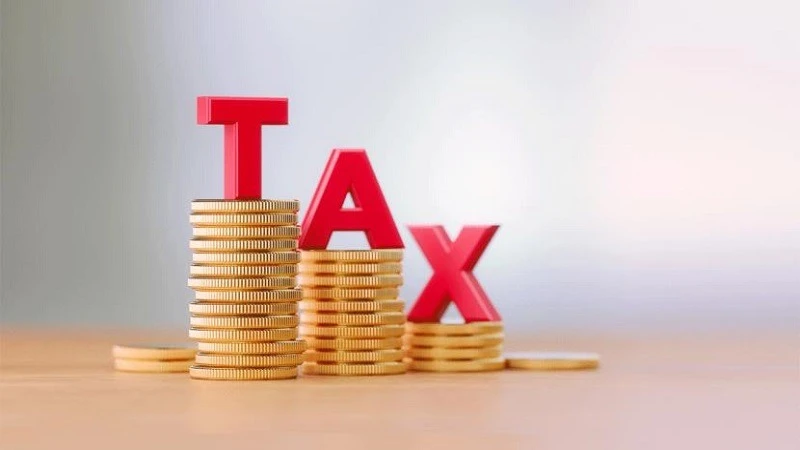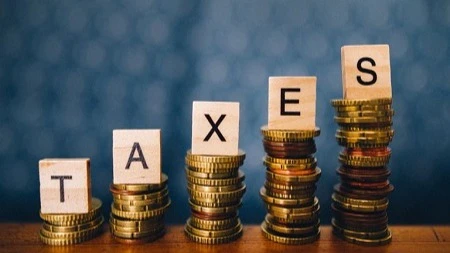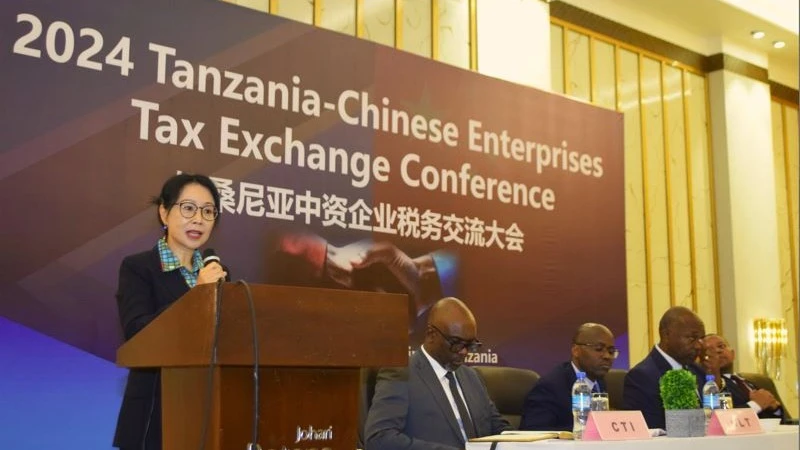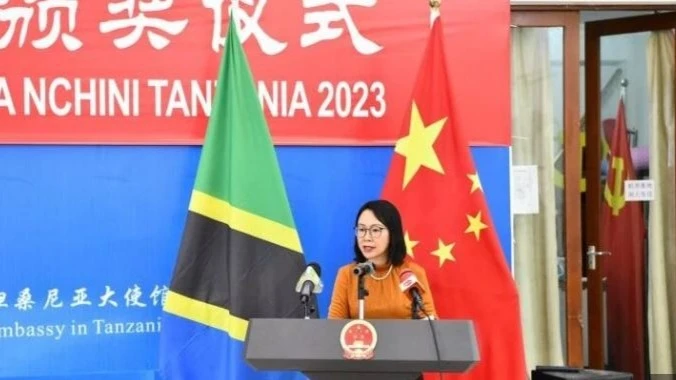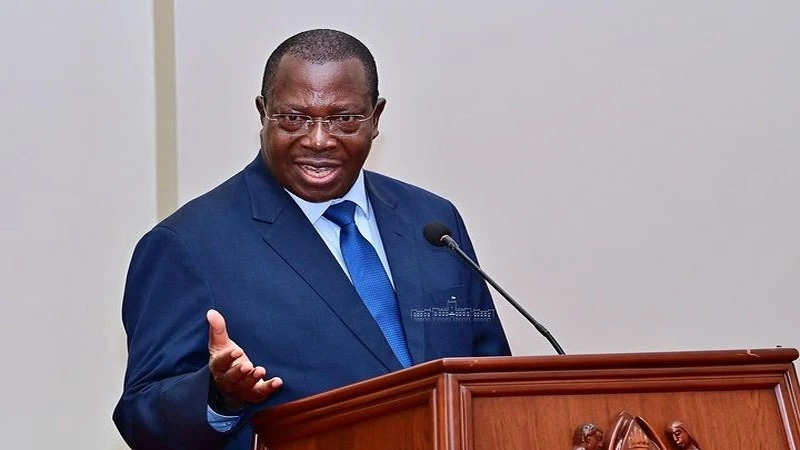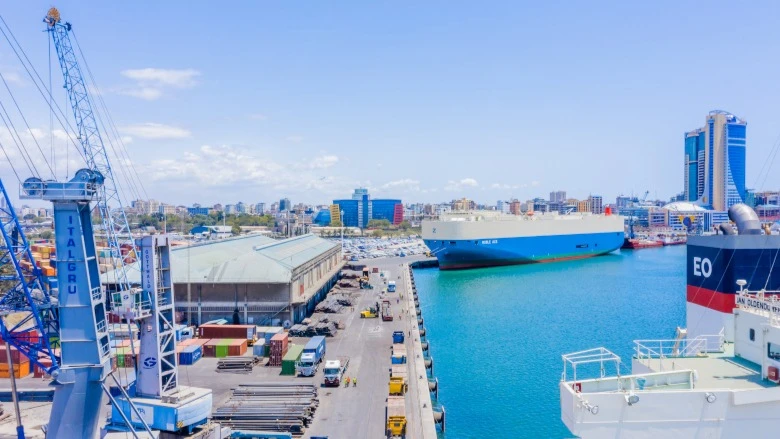Clarification crucial on commercial terms in gas rollout by TPDC and private sector
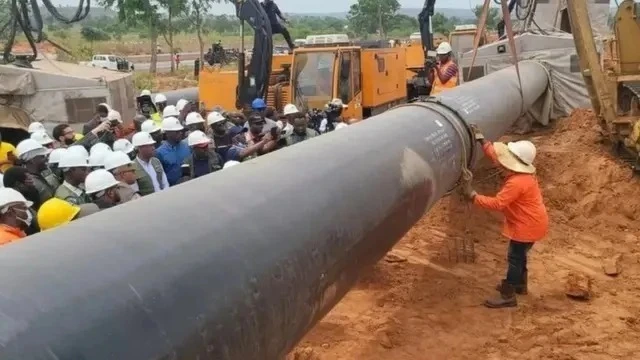
EMPHASIS rang out at the DITF on the pace of converting motor vehicles to using compressed natural gas (CNG) and more strongly on the availability of filling stations offering such gas.
The Tanzania Petroleum Development Corporation (TPDC) is now firmly tasked with ensuring the installation of more CNG filling stations, from a paltry two stations or so to 30 within the current financial year.
Just how ambitious that plan is remains for each to judge but, if a general invitation came up, we could see more than 100 stations cropping up.
And it isn’t just the commercial capital – Dar es Salaam – and adjacent areas that need to fill vehicles with gas.
With a private sector-based rollout instead of the public sector petroleum behemoth, filling stations would simply reserve portions of their facilities to sell gas.
But the government is chained down by the usual logic where a monopoly in a sector dictates public policy as it has to be geared for its benefit.
Colossal firms like TPDC running the show in large contracts on oil exploration and delivery are presumably also ready and willing to engage in retail business in gas for use by vehicles, thus building stations.
Even the idea that the Energy ministry lists areas where such gas stations will be built smacks of plans to nationalise the fuel business.
But this should lead the eventuality of the government having to pay heavily for petroleum until 2030 if a petroleum monopoly dictates the pace of the gas filling stations. There thus needs to be a policy review to enable filling station operators to convert any chambers to gas use, under EWURA oversight.
This hiatus in shifting to natural gas use for vehicles is coming up against a measure of upper-level indifference because of vested interests, especially the traditional outlook that ‘sensitive’ sectors ought to be controlled by the government.
There may thus be no thrust whatsoever for a competitive shift to gas use in motor vehicles, taking for granted that individuals will cough up large sums of money for petrol, all because of the wish to displace the private sector in the fuel business. This objective needs to be checked now.
It may be said that letting TPDC control the shift to using CNG in vehicles would prevent the government from saving perhaps up to one trillion shilling a year, which would vastly diminish employment in the health and education sectors.
By contrast, the move would enable the government to mark up subsidies for local authorities, diminishing the levies and taxes harming all manner of startups.
While at the moment there are no proper terms of reference in TPDC collaboration with the private sector, one proposition may be to allow competition and advisedly take the state-owned corporation off retail duty.
Top Headlines
© 2024 IPPMEDIA.COM. ALL RIGHTS RESERVED






